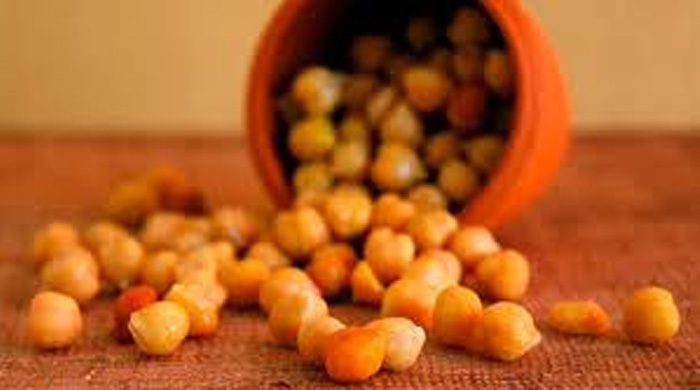Phytates And Their Cancer Fighting Ability

Phytates inhibit cancer cell migration in vitro, and cancer cell migration is the most dangerous part of cancer proliferation called metastasis. The mechanisms of metastasis allow isolated cancer cells to travel to and infect other areas of the body.
Phytates And Matrix Metalloproteinases
Cancer cells use a set of enzymes called matrix metalloproteinases to tunnel through surrounding tissue to makes their way to the bloodstream. Phytates help block cancer cell’s ability to produce the enzymes, helping to keep cancer isolated from other areas the body.
Phytates And Enhanced Differentiation
Not only do phytates block the spread of cancer cells, phytates also rehabilitate cancers and make them stop acting like cancer cells.[1] Phytates cause enhanced differentiation of cancer cells which means they cause cancer cells to revert back to the appearance of normal cells. Phytates cause cancer cells to stop acting like cancer cells and being destructive.
Phytates And Cancer Prevention
Phytates inhibit the iron-mediated production of hydroxyl radials, which are a very destructive form of free radical that damages cells and causes cell mutation.[2] This study found population that ate higher quantities of natural phytates had a lower risk of cancer development.[3]
Phytates Cancer Fighting Pathways
Phytates have been shown to inhibit the growth of breast cancer, cervical cancer, colon cancer, leukemia, liver cancer, melanomas, pancreatic cancer, prostate cancer, and throat cancer.[4] The reason for phytates to fight this wide range of cancers is phytates are a broad spectrum anitneoplastic (tumor) agent that fight cancer on multiple pathways.[5] Phytates possess antioxidant, anti-inflammatory, immune-enhancing activities, detoxification, differentiation, and anti-angiogenesis properties. Phytates appear to act on all the pathways of malignancy. (Video: Phytates for Rehabilitating Cancer Cells)
Phytates are not only beneficial in fighting cancer, phytates have a wide range of health protecting characteristics.
[1] A. M. Shamsuddin, I. Vucenik, K. E. Cole. IP6: A novel anti-cancer agent. Life Sci. 1997 61(4):343 – 354.
[2] E. Graf, J. W. Eaton. Dietary suppression of colonic cancer fiber or phytate? Cancer 1985 56(4):717 – 718.
[3] H. P. Lee, L. Gourley, S. W. Duffy, J. Est`eve, J. Lee, N. E. Day. Colorectal cancer and diet in an Asian population–a case-control study among Singapore Chinese. Int. J. Cancer 1989 43(6):1007 – 1016.
[4] I. Vucenik, A. M. Shamsuddin. Protection against cancer by dietary IP6 and inositol. Nutr Cancer 2006 55(2):109 – 125.
[5] A. M. Shamsuddin. Anti-cancer function of phytic acid. Int J Food Sci Tech 2002 37(7):769 – 782.






